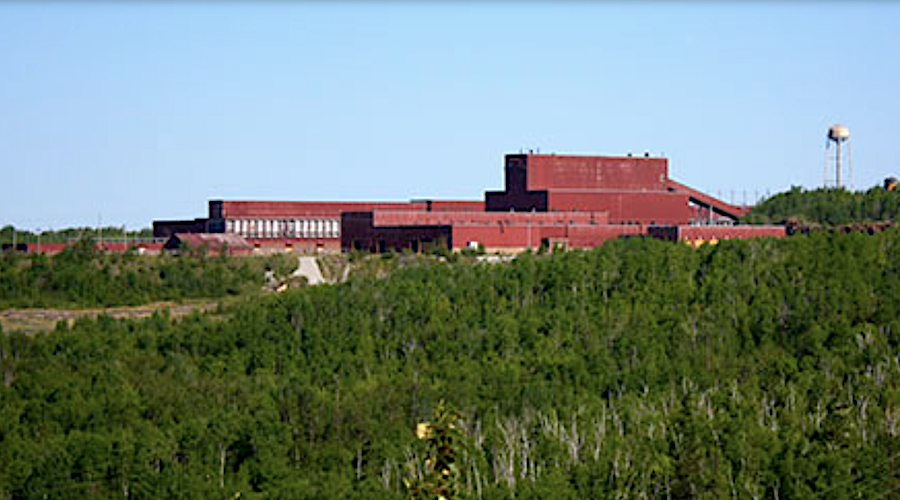
The Fond du Lac band sued the EPA in 2019 because the agency never notified the band on whether the project “may affect” its waters. This action, which triggered several reviews and this week’s public hearing, represents the first time a sovereign American Indian tribe has used its authority under the Clean Water Act as a “downstream state” to challenge a federal permit to protect its lands and waters.
The Army Corps suspended last year a section of PolyMet’s permit allowing it to discharge dredged and fill material over 900 acres of wetlands and kicked off a permit review.
“As the NorthMet project is currently designed, there are no conditions that EPA can provide to the Corps that would ensure that the discharges from the CWA Section 404 permitted activities would comply with the Fond du Lac Band’s water quality requirements for its waters,” the agency said on a first-of-its-kind public hearing to determine the permit’s fate.
The Army Corps will use the information it gathers in the hearing to decide whether to reinstate the wetlands permit, one of three critical PolyMet permits that have been suspended.
Recommendation, not ruling
The company has said that both the reservation and the state are located well over 100 river miles downstream from the project and that the EPA’s decision does not say that NorthMet will affect downstream water quality, only that such an effect is possible.
EPA’s 47-page evaluation partly backs the company’s position, as it says the project and/or the permit, could be modified to meet current regulations.
Bruce Richardson, a spokesperson for PolyMet, told local media that the EPA’s comments were only a recommendation, adding that the company will present evidence that it believes the federal agency did not consider.
According to PolyMet Mining, the project comprises 290 million tonnes of proven and probable reserves grading 0.288% copper and 0.083% nickel and marketable reserves of palladium, cobalt, platinum and gold.
NorthMet is not the only project to face headwinds as it tries moving forward in Minnesota. Chilean miner Antofagasta (LON: ANTO) had to deal with several concerns from locals about the risks its proposed Twin Metals underground copper-nickel mine and processing facility would carry.
In January, the company lost its battle. The US Department of the Interior cancelled two mineral leases for Antofagasta’s proposed mine in Minnesota, effectively killing the project and handing a major win to environmentalists.




